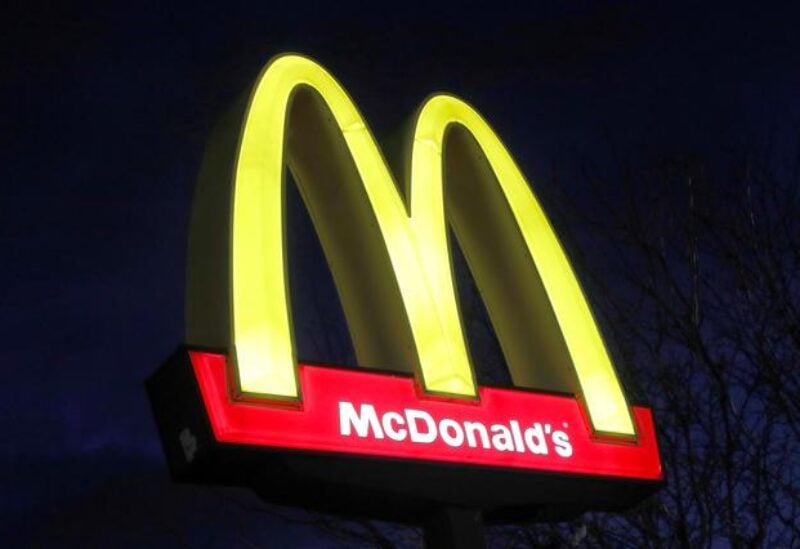
A sign is seen at a McDonald's restaurant in Queens, New York, U.S., March 17, 2020.
The decision by McDonald’s (MCD.N) to take greater control of its China business and expand aggressively in the face of a consumer slowdown and geopolitical tensions seems risky – but the potential pay-off is great, analysts say.
Last month, the U.S.-based burger maker cut a deal to repurchase the 28% stake in its China business Carlyle Group took in 2017, giving it a 48% share in $6 billion worth of operations that include Hong Kong and Macau.
The move contrasts sharply with the prevailing trend of multinational corporations reeling back investments in China or even exiting altogether because of geopolitical and economic challenges.
One advantage for McDonald’s: its majority partner in the China business, CITIC, provides top-level political cover, said Jason Yu, greater China managing director of market research firm Kantar Worldpanel.
“Having a very powerful Chinese state-owned conglomerate as a partner means they are not going to be at the forefront of the geopolitical situation; that is quite important,” Yu said.
McDonald’s China, Carlyle Group and CITIC declined to comment.
Other consumer-facing U.S. firms, including Starbucks (SBUX.O), Apple (AAPL.O), Coach owner Tapestry (TPR.N) and sportswear giant Nike (NKE.N), have remained similarly dedicated to the China market.
Starbucks and Nike, which face increased competition from lower-priced domestic competitors, show the need to stay agile in order to protect and grow market share, analysts say.
The coffee giant is sticking with expansion plans and launched a smaller cup size; Nike, by contrast, has offered localised, higher-end sneakers such as its “Year of the Rabbit” Dunk Lows.
McDonald’s has used funds from the Carlyle investment to double its restaurant count since 2017 to 5,500, and the country has become its second-largest market. The business aims to have more than 10,000 stores in China by 2028.
Competitors of McDonald’s are also expanding their reach in China.
Yum China, which operates KFC and Pizza Hut, among other brands, already has more than 14,000 stores across the country. Among domestic players, chicken burger specialist Wallace said in 2021 that it had reached 20,000 stores, and newer entrant Tastien, which specialises in “Chinese-style” burgers, has more than 3,500 stores.
To be sure, if relations between China and the West worsen, any optimism could evaporate, said Greg Halter, Director of Research at investment advisory firm Carnegie Investment Counsel.
“If tensions deteriorate, we may see not only McDonald’s, but other companies divest their Chinese operations, similar to what has occurred in Russia over the past two years,” Halter said.
Further digitalisation and localisation are needed, Yu said, with localisation key to winning over taste buds in China’s $140.2 billion limited-service restaurant sector.
Although the McDonald’s China menu would be familiar to U.S. consumers, there are nods to local tastes, including taro pie, rather than apple.
According to Euromonitor, the market value of limited-service restaurants in China is on track to grow about 4% annually on average through 2025. Of the limited-service burger-focussed restaurants in the country, McDonald’s dominates with a 70% share of the market.
China’s slowing economic growth and lacklustre consumer spending this year have already hurt the bottom lines of global businesses exposed to its consumer market, but McDonald’s is well-placed to outperform, said Ben Cavender, the Shanghai-based managing director and head of strategy at China Market Research Group.
He said value-driven middle class consumers and lower commercial rents countrywide should be a boon to such businesses.
“If ever there was a time to double down on China, this is it,” he said.